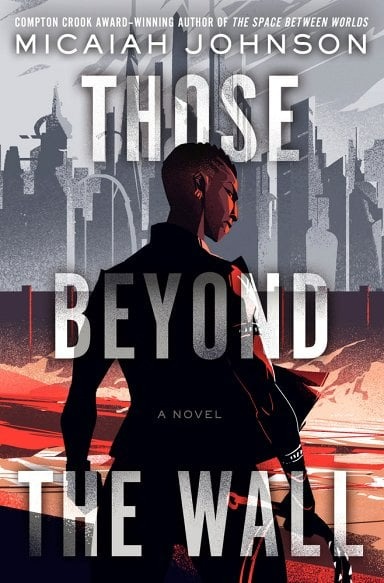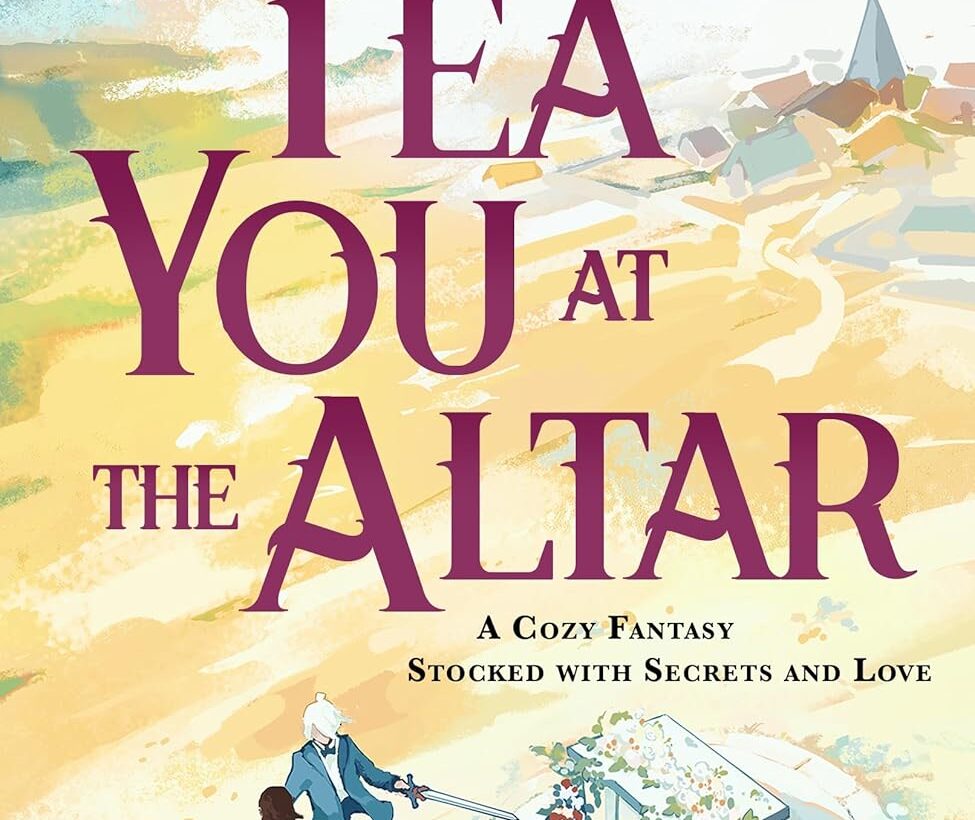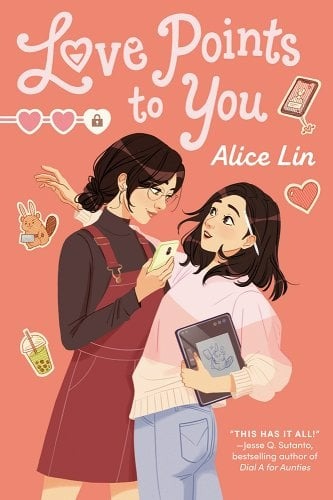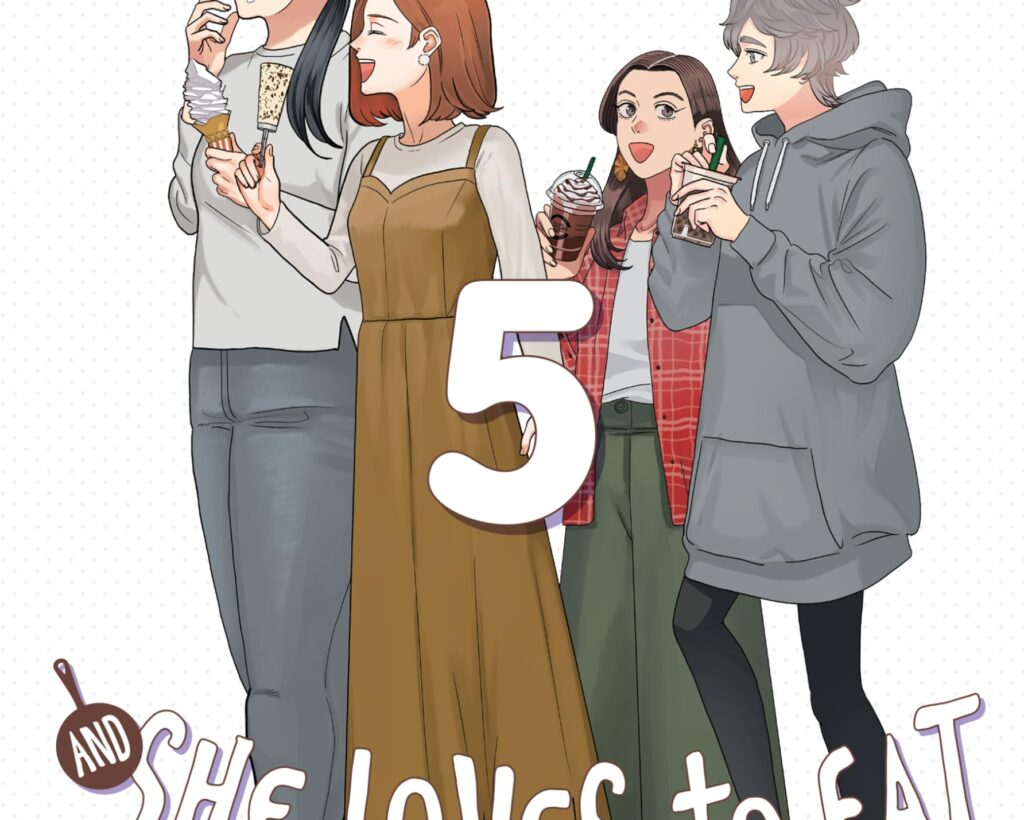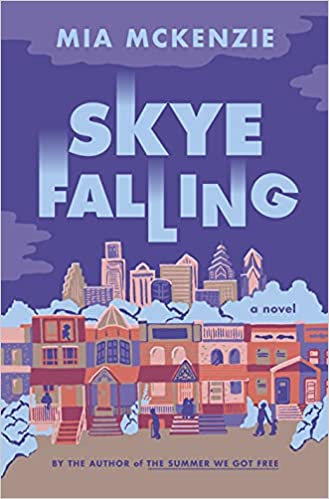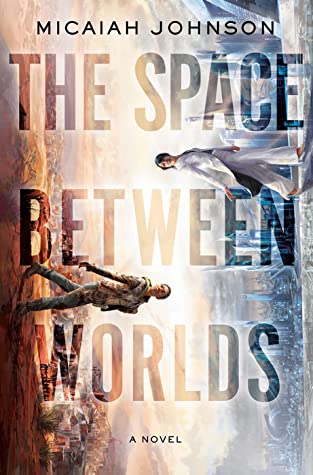When Cassie was in elementary school, she made friends with Ben, a ballet dancer who seemed unrestrained by gender norms. They quickly became inseparable, and in the world they created together at the creek, Cassie began to face her own queerness—until they were caught by judgmental classmates, and Cassie betrayed Ben. He left for anotherRead More
Sci-Fi as Protest: Those Beyond the Wall by Micaiah Johnson
I don’t think I’ve ever been so pulled into a novel by the dedication, author’s note, and epigraph. (The epigraph to Part One is “i did not come to preach of peace / for that’s not the hunted’s duty.” -Danez Smith.) In the author’s note, Johnson explains the inspiration behind this book coming from her time participating in the 62-day sit in at Nashville’s Tennessee State Capitol. I found myself writing down multiple quotations, including…
The Heights and Depths of Queer Trans Nostalgia: A/S/L by Jeanne Thornton Review
When Lilith, Sash, and Abraxa were teenagers in the late 90s, they ran a video game corporation together. They never actually sold a video game, but they worked on an incredibly ambitious text-based (ASCII) game together. Sash was the leader, the idea person who held everyone else to exacting standards. Lilith struggled to design gameRead More
An Open Wound of a Novel: Chain-Gang All-Stars by Nana Kwame Adjei-Brenyah Review
This is a book I respect, and it’s one I struggled to get through. The subject matter is difficult—not only is it set in a near-future dystopia where prisoners fight each other to the death for a chance at freedom, but it also includes footnotes about the real-life atrocities of the prison-industrial complex. I canRead More
A Trans Lesbian Mech Romcom: Lsbn by Emma Jayne Review
If you’re looking for a fun one-sitting read, why not pick up this trans lesbian “mech rom-com graphic novel,” as the blurb describes it? I feel like you’re already sold, but I’ll keep going anyway. LSBN is a project to develop a mech suit to battle the giant, monstrous aliens that have descended to Earth.Read More
The Cozy Wedding Coup: Tea You at the Altar by Rebecca Thorne
Tea You at the Altar is the third book in the Tomes & Tea cozy fantasy series, and it follows Kianthe and Reyna as they plan their wedding… and possibly a coup. (This review contains spoilers for books one and two.) I really enjoyed Can’t Spell Treason Without Tea, but I thought the second bookRead More
A Sweet and Swoony YA Romance: Love Points to You by Alice Lin Review
First of all, this is of my all-time favourite YA covers. It’s so adorable. And I’m happy to say that the story delivered. We’re following Lynda, a teenager who is devoted to getting into her dream art school. Unfortunately, her father just remarried and she now has to share a room with her stepsister, Josie.Read More
A Queer and Compassionate Foodie Manga Series: She Loves to Cook, and She Loves to Eat Vols 1-5 by Sakaomi Yuzaki Review
We’ve recommended this sapphic manga series at the Lesbrary several times before, but that was when there were only a couple volumes out. I just finished volume five, and I needed to let you all know that it has only gotten better with time. She Loves to Cook, and She Loves to Eat is myRead More
In Defense of Messy Main Characters: Skye Falling by Mia McKenzie Review
I can’t count how many people I’ve recommended The Summer We Got Free by Mia McKenzie since I read it ten years ago. It’s just such an atmospheric, beautifully written, absorbing story. And yet, when she came out with her next novel, Skye Falling, I inexplicably didn’t pick it up. Since then, Skye Falling hasRead More
Sliding Doors Meets Mad Max: The Space Between Worlds by Micaiah Johnson
When The Space Between Worlds came out in 2020, it was all anyone was talking about on Book Riot. (That’s the site I work for now and wrote for then.) It’s not often a sapphic book gets that much attention outside the queer book world, and the premise immediately hooked me. So, of course, IRead More
- 1
- 2
- 3
- …
- 52
- Next Page »

